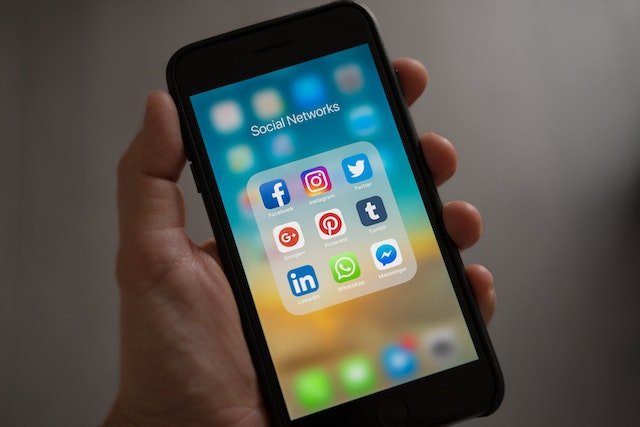Social media is the most ubiquitous phenomenon at present. You, us, and roughly 50% of the total population spend 15 hours weekly on social media. Over the past decade, social media has advanced at a pace that has caused academicians, scientists, and sociologists around the globe to ponder the effect of increased social media consumption on the human mind and behaviors.
In the past two years, we have been glued to our social media feeds, consuming information about tragedies all around us. War, pandemic, anguished faces of people, and whatnot – we have a far more nuanced picture of pain and trauma than ever. So is this a voyeuristic tendency or a way to feel more connected to the pain of someone miles away from you? Is our constant social media usage desensitizing us toward pain, or is it making us more empathetic than ever before?
To get a clear picture, let us dive deeper into the connection between social media and empathy. We will look at the positive and negative outcomes of social media usage on human sensitivity.

The Connection Between Social Media And Empathy
Humans consume media like a river now. We are exposed to so much more information than we can handle. Moreover, this is the first time we read the news while talking to a loved one and playing an online game. Do you see the amount of overstimulation now?
Even before understanding the connection between social media and empathy, it is essential to acknowledge that social media is undoubtedly changing how we consume and interact with the world.
The impact of this social media consumption on empathy can be divided into two broad categories – the negatives and the positives. Let’s dive deeper into these effects.
The Negatives Effects Of Social Media Usage On Empathy
1. Erosion of empathy and desensitization.
When continuously bombarded with news and information through social media, it is almost natural to feel desensitized and disconnected. Additionally, losing real-world connections and being more invested in digital and online relationships dilutes your empathy responses, eventually reducing your ability to be kind and compassionate toward others and yourself.
2. More focus on negativity.
It was a common phrase for news editors in the United States to say ‘what bleeds, leads.’ While this is cynical and insensitive, it is precisely what social media algorithms across platforms have picked up. Moreover, this is also a representation of what the audience actually wants to see.
More and more people spend extensive time doomscrolling through adverse world incidents. Experts believe this is done to validate our personal anxieties and problems.
Read more: What Is Empathy Fatigue And How To Recover?
3. Thoughts bubbles and echo chambers.
Social media algorithms are also designed to continue engaging you with content that conforms to your thoughts and ideas. This puts you in a thought bubble that reduces your receptivity toward opposite or diversified viewpoints. This way, you become less empathetic and accepting of opinions outside your echo chamber. It restricts your ability to understand things from others’ perspectives and amplifies negative emotions toward people.
The Positive Connection Between Social Media And Empathy
1. Greater understanding and awareness.
Social media has provided an excellent platform for expressing one’s stories and ideas. This has led to more and more people being heard and seen. It leads to more representation of people who might have never gotten an audience.
When people share their stories and ideas with others, it forms an empathetic connection. You can now sympathize with a Tik Tok user from Africa without meeting them. This is because even though geographical boundaries separate you, you are connected through empathy.
Read more: Empathy in Action – How To Listen Without Giving Advice
2. Amplified voices for social causes and activism.
Another positive connection between social media and empathy is derived from the former’s role in social causes and activism. Think about the global outrage surrounding the death of George Flyod or other similar incidents. A few decades ago, people might not remember or acknowledge such brutality or crimes. However, when social media speaks, people listen.
It connects people strengthening global movements and fights for human rights, thereby fostering empathy and connection.
Conclusion:
The connection between social media and empathy is double-edged. Social media can both make and destroy human empathy. We hope this post will help you understand more about the impact of social media on human behavior.
Empathy is an essential quality and is best nurtured in childhood. To learn more about how to raise an empathetic child, click here.
To continue learning more about empathy and mental health, subscribe to Your Mental Health Pal.

